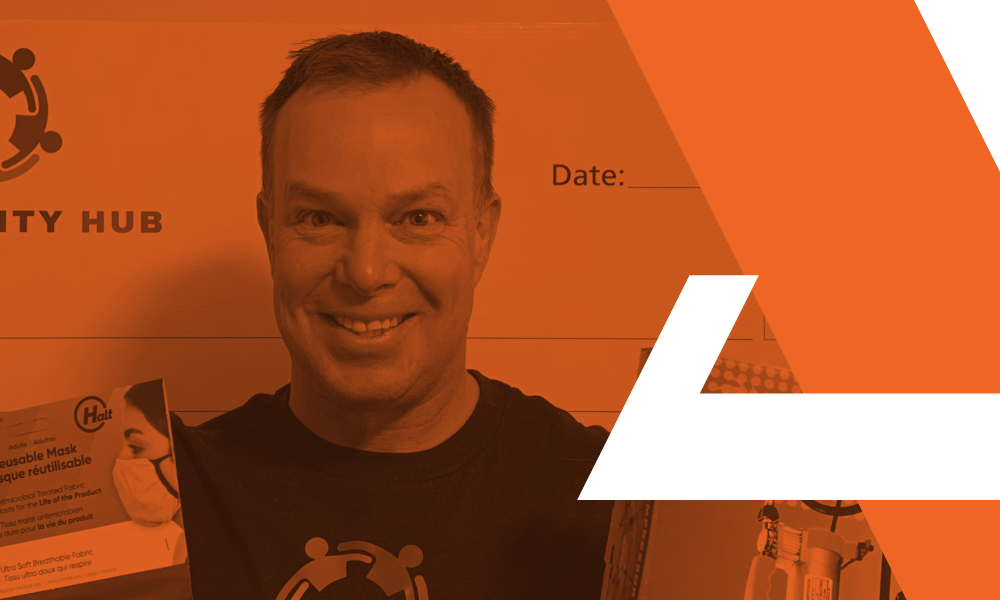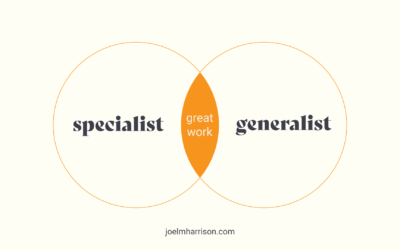Subscribe on: iTunes | Stitcher | Google Play | Spotify
Pallet loads, truckloads, warehouse loads full of excess inventory get thrown out or liquidated every day. After 20 years brokering liquidation deals, Dave Rolleston was looking for more – more than squeezing the cheapest purchase and the highest bidder. That’s when he started turning the process into a charitable donation, with about 75% of his profit going directly to charities.
In this conversation, we talk about the size of the excess inventory problem, how sometimes the innovation is not that much different than your current model, finding a renewed sense of impact, and how brokering for impact is an opportunity for so many.
About Dave Rolleston
Dave is the CEO and founder of The Charity Hub, a recently founded social enterprise based out of Kelowna, BC. After 20 years of working to broker liquidation deals through his own company, he grew tired of the heartless atmosphere and the uninspired deals. This led him to found The Charity Hub.
Find Dave on LinkedIn: https://www.linkedin.com/in/dave-rolleston/
About The Charity Hub
The Charity Hub helps companies create a “Triple Impact Solution” – Clear out excess inventory, Donate to your company’s cause, & Reduce your carbon footprint. By brokering deals between corporations they take the profit and give up to 75% to charities.
Website: https://thecharityhub.ca/
Everything We Talked About in This Episode
[4:05] The point at which Dave’s mindset started shifting around work and impact.
[7:28] What the liquidation world is like.
[11:46] Having to work with multiple stakeholders and how the business case sometimes beats out the philanthropic reasons.
[14:12] The scale of the excess inventory problem and examples of deals The Charity Hub has been involved in.
[19:24] How they choose which charities the money gets donated to.
[22:31] Where does the product go? Do you care what it’s used for or who buys it?
[25:48] Do you consider yourself a social entrepreneur?
[28:20] Why they’ve been able to be so successful in such a short amount of time.
[32:36] The long-term goals and visions that will lead them to new partnerships and opportunities.
[38:14] Advice to other social entrepreneurs to either start with a proven concept or prove your concept before too much investment.




